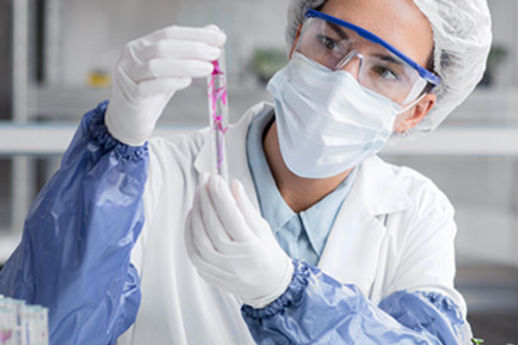top of page


Employers Testing Services
Ensuring a Drug-Free Workspace
For employees seeking testing solutions, we provide a seamless process for various requirements, whether it's routine drug screenings, alcohol breathalyzer tests, or post-accident DOT tests. Our certified collectors ensure accurate and reliable results, empowering businesses to maintain safety and compliance standards with confidence.
Our Employers Lab Testing Methods!

Efficient Test Methods!
Hair
Urine
Fingernails
Breath Tests


BAT/STT
BAT/STT, or Breath Alcohol Testing/Screening Test Technician, is a vital role in workplace alcohol testing. Trained technicians administer breathalyzer tests to detect alcohol levels in employees. Their expertise ensures accurate and reliable testing, helping employers maintain safety and compliance with alcohol-related regulations in various industries.

Hair Testing
Hair testing is a method used to detect drug use by analyzing a small sample of hair follicles. This technique offers a longer detection window compared to urine or blood tests, making it useful for identifying patterns of substance abuse over an extended period.

Rapid Drug Testing
Rapid drug testing involves using quick and portable methods to detect drug use, typically through urine or saliva samples. These tests provide immediate results, making them valuable for on-site screenings, emergency situations, and compliance checks.
We Have Arrays Of Testing Options For A Safe Workspace At Global Express Lab
Random Testing DOT & NON-DOT
Random testing, implemented in both DOT (Department of Transportation) and non-DOT workplaces, involves selecting employees without prior notice for drug and alcohol testing. Mandated by federal regulations in DOT-regulated industries and adopted by many non-DOT employers, random testing ensures workplace safety and compliance with drug-free policies. Employees selected must immediately provide a specimen, typically urine or breath, for analysis. This unannounced testing method deters substance abuse, identifies potential issues early, and maintains a safe and productive work environment.


Return To Duty Testing
Return to Duty testing is a pivotal phase in the rehabilitation process for employees who have previously tested positive for drugs or alcohol at work. Following completion of a substance abuse treatment program, employees undergo comprehensive evaluation, including drug and alcohol testing, before resuming their duties. Typically mandated by employers, especially in safety-sensitive industries like transportation, this testing ensures the individual is no longer using substances and is fit for duty. Return to Duty testing promotes workplace safety, underscores employee accountability, and facilitates the successful reintegration of individuals into their job roles post-treatment.
Follow Up
Follow-up testing is a crucial component of workplace drug and alcohol testing programs, particularly for employees who have previously tested positive or undergone rehabilitation. Employers implement follow-up testing to monitor these individuals' ongoing sobriety and ensure their continued commitment to a drug-free workplace. Typically conducted at regular intervals over a specified period, follow-up testing serves as a supportive measure to help employees maintain their recovery and uphold safety standards. By providing accountability and ongoing support, follow-up testing contributes to a safer and more productive work environment while fostering employee well-being and rehabilitation success.


Reasonable Suspicion
Reasonable suspicion testing is a targeted approach used by employers to assess employees for drug or alcohol use based on observed behavior or specific circumstances. When supervisors or trained personnel identify signs such as erratic behavior, slurred speech, or the smell of alcohol, they can initiate reasonable suspicion testing. This type of testing is crucial for maintaining workplace safety and productivity by promptly addressing potential substance abuse issues. By intervening early and conducting testing based on objective observations, employers can mitigate risks, protect employees, and uphold a drug-free work environment, promoting a culture of safety and accountability.

bottom of page